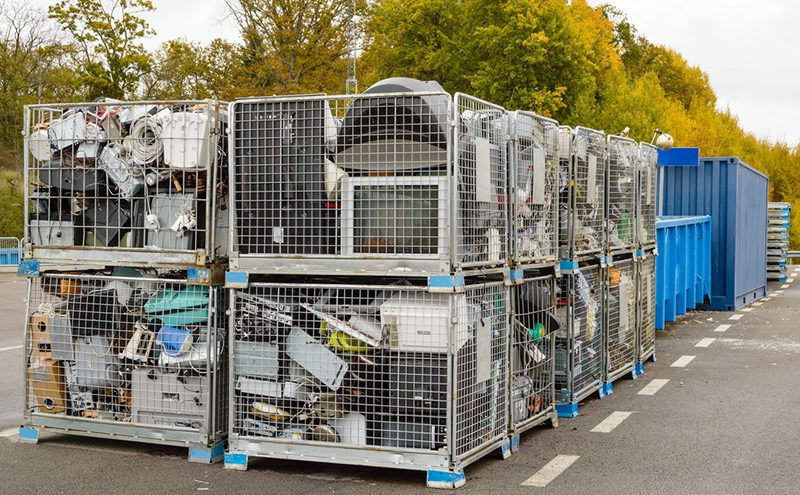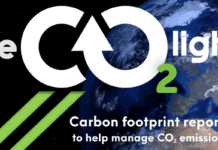
A project exploring novel ways of boosting the recovery of critical raw materials from household waste electrical and electronic equipment (WEEE) concluded on 29 March, and the findings appear to offer useful insights into expediting such efforts in future.
The Critical Raw Material (CRM) Recovery project ran for three and a half years and was funded by EU LIFE.
Delivered by a consortia led by WRAP, and which also included ERP, EARN, KTN and the Wuppertal Institute, the project consisted of four stages: WEEE collection trials, CRM recovery trials, evaluation, and policy and infrastructure recommendations.
A key component of the project was to establish a link between the collection of WEEE and the recovery of CRMs. On the collections side, five trial partners and more than 20 supply chain organisations across the UK, Italy, Germany and the Czech Republic, collected over 43 tonnes of WEEE through mechanisms such as retailer take-back schemes, re-use containers at household waste recycling centres, business collections and university drop-off hubs.
Trial partners, RecyclingBorse, Asekol, Axion Consulting, Re-Tek, and Ecodom, then tested a range of recovery techniques – from manual and chemical dismantling to electrochemical and hydrometallurgical processes – to increase the recovery of CRMs, with a particular focus on cobalt, antimony, graphite, tantalum, rare earth elements, gold, silver, platinum group metals and copper.
On International WEEE Day in October 2018, the project launched five key policy recommendations, which built on learnings from the trials, along with other activities and input from the project’s expert stakeholder group. The recommendations, which can be seen below, aim to increase the collection and recovery of CRMs from WEEE.
The €2.1m project, which was supported by the LIFE financial instrument of the European Union, Innovate UK, the Welsh Government and the Department for Environment, Food and Rural Affairs (Defra), and led by WRAP, culminated with the release of a Layman’s Report at a final conference on the 20th February 2019, and a webinar to further disseminate project findings on the 19th March 2019. Over 350 people registered for these final events.
Learnings shared with delegates included:
- Knowledge of what to do is important – having more information available about where to take WEEE encourages re-use and recycling.
- Disposal needs to be convenient – using high street and charity retailers in particular was considered a very convenient way to dispose of WEEE.
- Pro-environmental messaging helps to encourage re-use and recycling – most respondents agreed that disposing of their WEEE through take-back schemes was good for the environment.
- Trust plays an important part in increasing WEEE collections – consumers reportedly place more trust in high street retailer brands than charities to handle their data securely.
- Personal connection matters and increases the economic viability of collections – there is a link between the collection of high quality/high value products and human interaction at collections points. People are more likely to donate better quality items if they can drop them at a collection point where they have personal interaction with an operative. This helps to build trust in the service, makes it more enjoyable for consumers, and encourages people to recycle as their efforts to do the right thing are recognised.
Bettina Gilbert, Programme Manager at WRAP Cymru, said:
“Through effective collaboration, the CRM Recovery project objectives have been successfully met. It is great to see the culmination of the trials and research undertaken by the project team and its partners, which have resulted in clear, actionable recommendations for policy makers to improve the recovery of critical raw materials across Europe.”
Further information about the Critical Raw Materials Closed Loop Recovery project, including the Layman’s Report, policy recommendations and webinar recording, can be found here: http://www.criticalrawmaterialrecovery.eu







